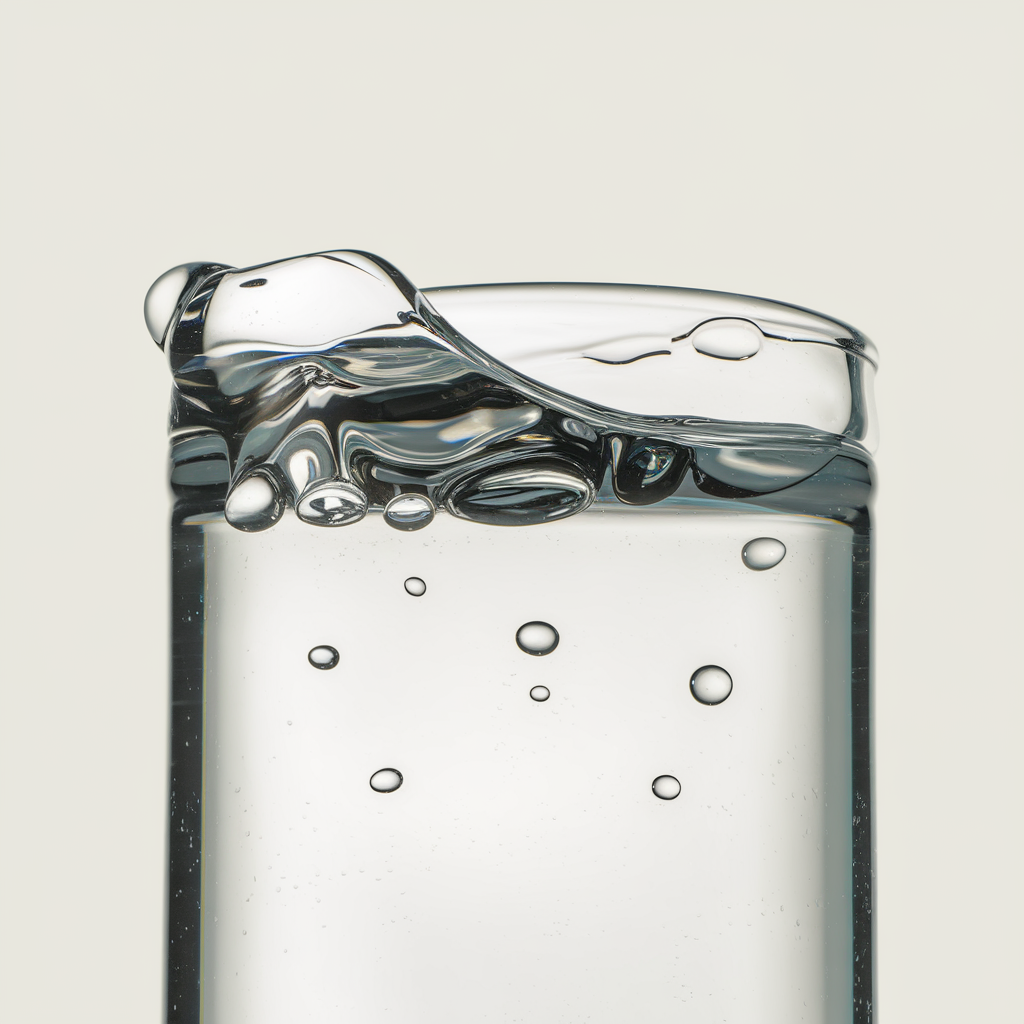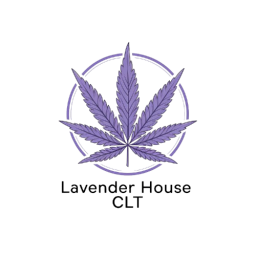You’ve probably heard about CBD’s potential to enhance sleep quality, but have you considered how it might help you? By interacting with your body’s endocannabinoid system, CBD is thought to ease anxiety and promote relaxation, potentially leading to better sleep. However, the science behind how CBD achieves this is more nuanced than you might expect. As you explore whether CBD in enhancing sleep could be your key to a restful night, consider not only the benefits but also the proper dosages and potential side effects. Isn’t it worth looking into natural alternatives, especially when conventional sleep aids fall short?
Understanding CBD and Sleep
Many people find that CBD, or cannabidiol, considerably enhances their sleep quality. If you’re struggling with sleep, you might be curious about how this non-intoxicating compound works. Here’s what you need to know.
CBD interacts with your body’s endocannabinoid system (ECS), which plays an essential role in maintaining bodily homeostasis, including regulating sleep patterns. By influencing the ECS, CBD can help calm your mind, making it easier for you to fall asleep and stay asleep.
You might be wondering about the best way to use CBD for sleep. You’ve got several options: oils, capsules, and gummies are among the most popular. Each method delivers CBD in enhancing sleep into your body in different ways, which affects how quickly you’ll feel the effects. Oils, for instance, can work faster than gummies because they’re absorbed directly into your bloodstream under your tongue.

Scientific Evidence on CBD
Regarding the effectiveness of CBD for improving sleep, recent studies offer some compelling insights. Researchers have been exploring how CBD in enhancing sleep affects your sleep cycles and overall sleep quality. You might find it interesting that several studies suggest CBD can potentially help manage anxiety and pain, both of which can interfere with restful sleep.
One essential study published in the Journal of Clinical Pharmacology found that CBD considerably increased sleep duration compared to a placebo. This suggests that CBD doesn’t just help you fall asleep faster; it might also help you stay asleep longer. Another study highlighted CBD’s ability to reduce insomnia in people suffering from chronic pain.
Moreover, a review in the ‘Current Psychiatry Reports’ noted that while the mechanisms are not entirely understood, CBD appears to act on the brain’s receptors involved in sleep regulation. This could mean that CBD helps to normalize sleep patterns disrupted by external stressors.
It’s vital, however, to maintain realistic expectations. CBD isn’t a cure-all and results can vary. Always confirm you’re getting high-quality products from reputable sources to maximize potential benefits. Remember, ongoing research is key to fully understanding how CBD contributes to better sleep.
User Experiences With CBD in Enhancing Sleep
Often, you’ll hear personal stories from individuals who have turned to CBD in enhancing sleep hoping to improve their sleep quality. Many share that incorporating CBD into their nightly routine has become a game-changer. You might find these anecdotes in forums, blog posts, or from friends who swear by its effects.
For example, some people report that CBD oil helps them fall asleep faster than usual, bypassing the frustrating toss-and-turn phase. Others note a decrease in sleep interruptions, claiming they can now sleep through the night without waking up multiple times. These experiences often highlight a feeling of waking up refreshed and more alert, not groggy or out of sorts, which sometimes occurs with other sleep aids.
However, it’s also common to come across varied responses. While many celebrate its benefits, a few mention minimal to no change in their sleep patterns. This disparity in experiences could be due to several factors such as individual body chemistry, the quality of CBD used, or lifestyle differences.
It’s clear from user testimonies that while CBD isn’t a one-size-fits-all solution, it has the potential to greatly enhance sleep quality for many. Listening to these personal experiences can provide valuable insights into how CBD might work for you.
CBD Dosage for Sleep
Determining the right CBD dosage for sleep can be tricky, as it varies widely among individuals. It’s important you start low and go slow, allowing your body to adjust. Here are three key steps to find your ideal CBD dosage for better sleep:
- Start with a Low Dose: Begin with a small amount, such as 10-15 mg of CBD, taken about an hour before bedtime. Monitor how it affects your sleep quality and overall comfort throughout the night.
- Gradually Increase: If the initial dose doesn’t help you fall asleep or maintain sleep, increase the dose slowly — adding 5-10 mg increments weekly. This gradual increase helps you pinpoint the most effective dose without overshooting to levels that you don’t need.
- Evaluate and Adjust: After each adjustment, give your body a few days to respond to the new dosage. Keep a sleep diary to track changes in your sleep patterns and how you feel upon waking. This will help you assess whether further adjustments are needed or if you’ve found your sweet spot.
Potential Side Effects
While finding the right CBD dosage can enhance your sleep, it’s also important to be aware of the potential side effects. Although generally well-tolerated, CBD in enhancing sleep isn’t without its drawbacks, especially when you’re trying it out for the first time or adjusting your dose.
You might experience some drowsiness during the day, which, while beneficial at night, can be inconvenient during your daytime activities. It’s also common to encounter digestive issues such as diarrhea or changes in appetite. These effects typically lessen as your body adjusts, but they can be bothersome initially.
Moreover, CBD can interact with other medications you’re taking, which might amplify side effects or reduce the efficacy of either the CBD or your other medications. It’s vital you talk to your healthcare provider before starting CBD, particularly if you’re on medications like blood thinners.
Lastly, some people report feeling mild nausea or irritability when they begin using CBD. These reactions can vary from person to person, and keeping track of how you feel can help you adjust your dosage accordingly.
Comparing CBD With Other Sleep Aids
You might be wondering how CBD stacks up against other sleep aids on the market. Unlike many traditional options, CBD in enhancing sleep offers a natural, potentially less habit-forming alternative. Here’s a quick comparison to keep you informed:
- Side Effects: Prescription sleep medications often come with a risk of side effects like daytime drowsiness, dizziness, and even potential for dependency. CBD, however, is generally well-tolerated, with minor side effects such as fatigue or changes in appetite.
- Mode of Action: Many sleep aids work by sedating the central nervous system. CBD operates differently—it interacts with the body’s endocannabinoid system to help regulate mood and stress, naturally promoting a healthier sleep cycle without heavy sedation.
- Long-term Benefits: While over-the-counter sleep aids are best used for short-term relief, CBD might offer more sustainable improvements in sleep quality due to its potential to address underlying issues like anxiety and pain, which can often disrupt sleep.
Conclusion
So, you’ve seen how CBD in enhancing sleep by interacting with your body’s endocannabinoid system. It’s backed by studies and many have felt its benefits firsthand. When considering CBD for sleep, it’s key to find the right dosage and be aware of potential side effects. Compared to traditional sleep aids, CBD offers a holistic approach. Why not give it a try and see if it makes a difference in your sleep quality?

